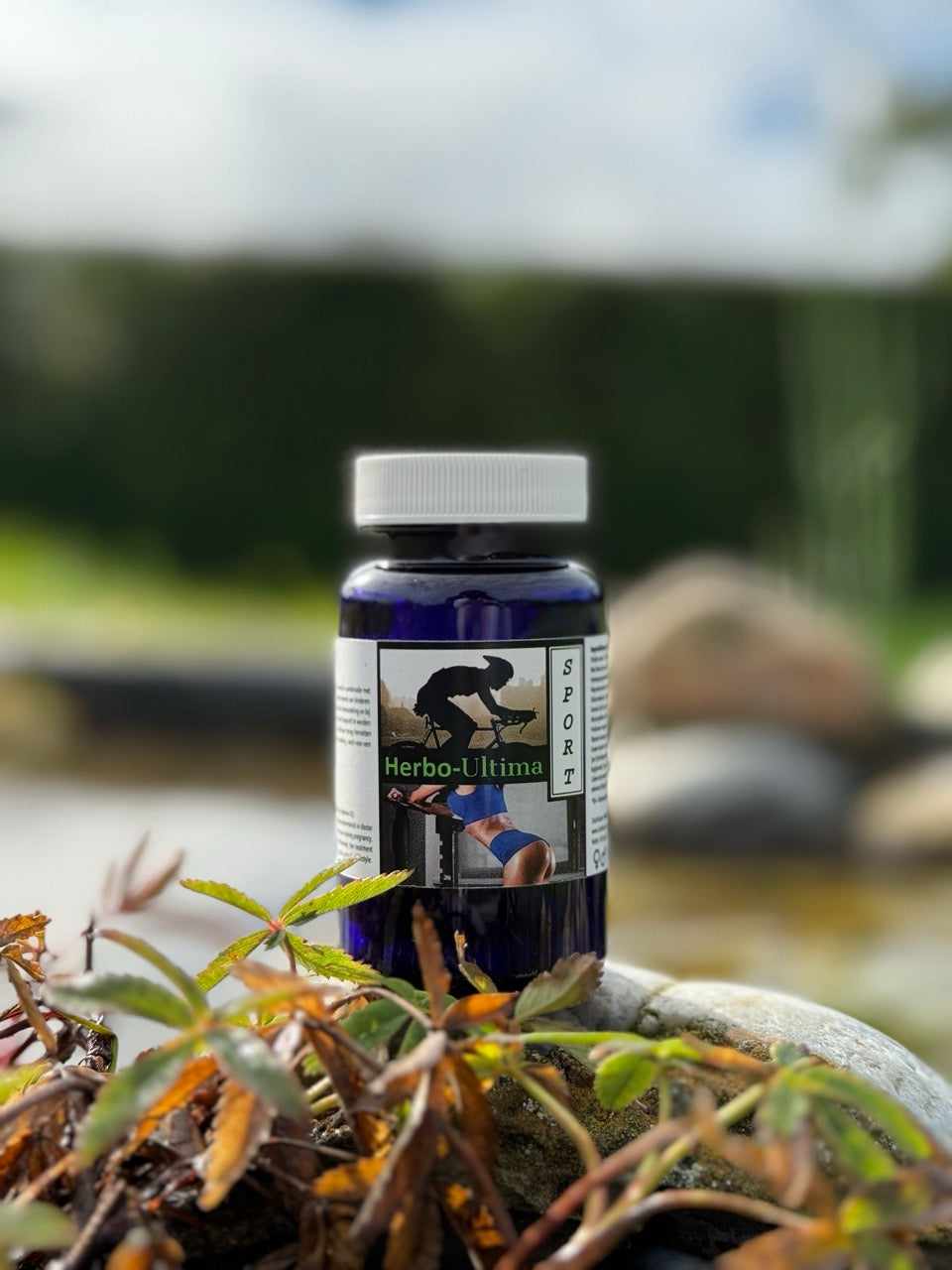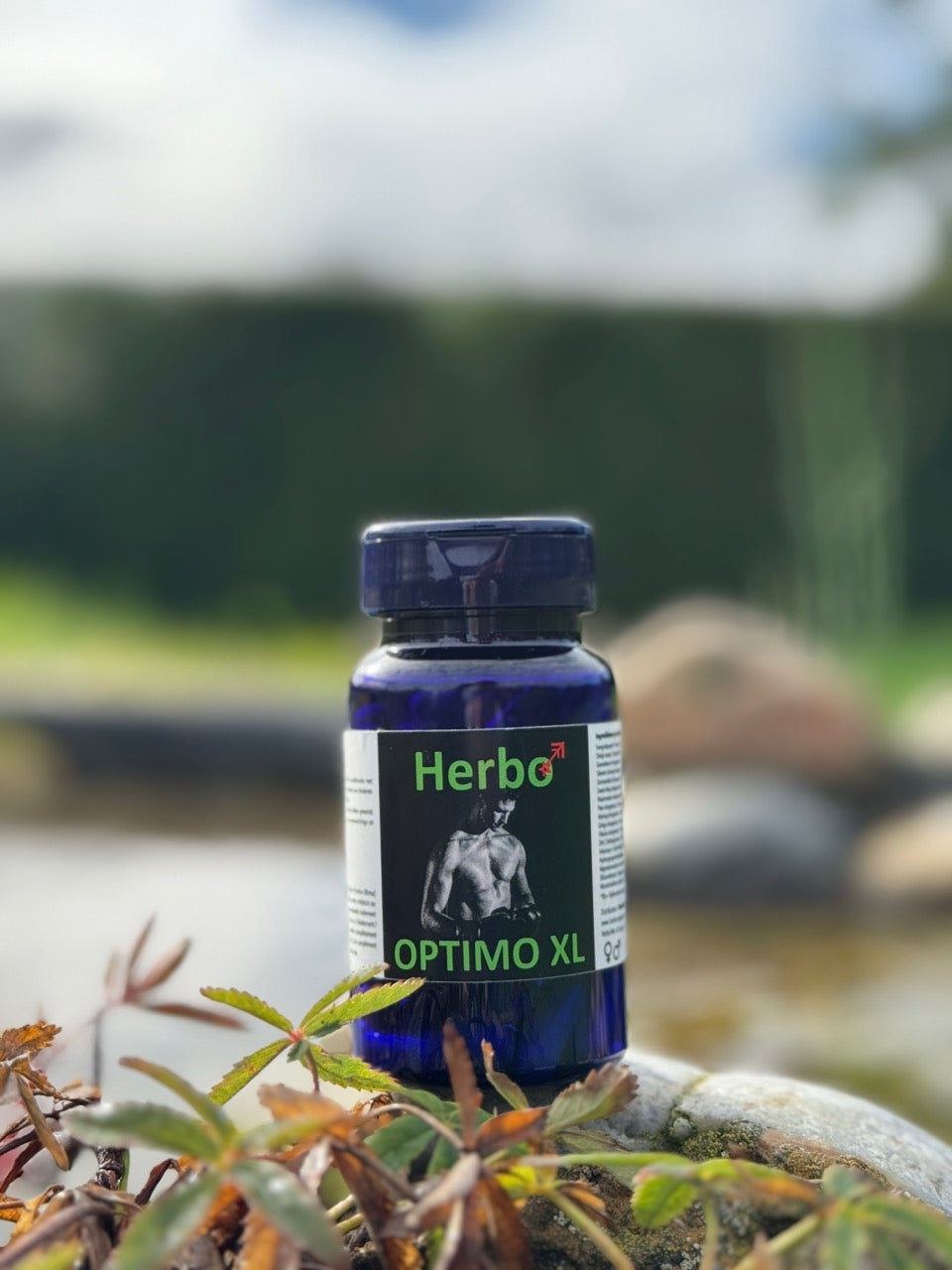Zinc
------
Zinc is a trace element that is part of a large number of enzymes in the body involved in metabolism.
Zinc is needed, among other things, for the building of proteins, the growth and development of tissue, and the proper functioning of the defense and immune system.
Zinc is found in small amounts in many different foods, such as meat, cheese, grain products, nuts, and shellfish and crustaceans.
As far as is known, there is no zinc deficiency or excess here in our region.
Contents
- What is zinc?
- Where is zinc found?
- What do you need zinc for?
- How much zinc do you need per day?
- What are the consequences of a zinc deficiency?
- What are the consequences of too much zinc?
What is zinc?
Zinc is a trace element. A trace element is a mineral that the body needs only in very small amounts.
Where is zinc found?
Zinc is found in small amounts in many different foods.
It is found in meat, cheese, grain products, nuts, and shellfish and crustaceans such as shrimp and mussels.
What do you need zinc for?
Zinc has various functions in the body:
- Zinc is part of various enzymes in the body. Enzymes are substances needed to enable processes in the body.
- Zinc is responsible for the building of proteins and the growth and renewal of tissue and cells.
- Zinc plays a role in metabolism.
- Zinc contributes to the proper functioning of the defense and immune system.
How much zinc do you need per day?
For men aged 18 and over, the recommended daily allowance (RDA) of zinc is 9 milligrams per day.
For women aged 18 and over, it is 7 milligrams per day.
Different recommendations apply for children and women who are pregnant or breastfeeding.
What are the consequences of a zinc deficiency?
In the Netherlands and Belgium, no cases are known of people with symptoms of zinc deficiency.
Symptoms of a zinc deficiency include:
- Abnormalities of the skin, mucous membranes, and skeleton
- Altered smell and taste
- Delayed growth and development of the sex organs
- Reduced resistance to infections and night blindness
What are the consequences of too much zinc?
It is virtually impossible to get too much zinc through food.
If you use a high dose of zinc tablets every day for a long time, a deficiency of copper can occur.
Acceptable upper limit
Although it is difficult to get too much zinc through diet, the European Food Safety Authority (EFSA) has set an acceptable upper limit.



